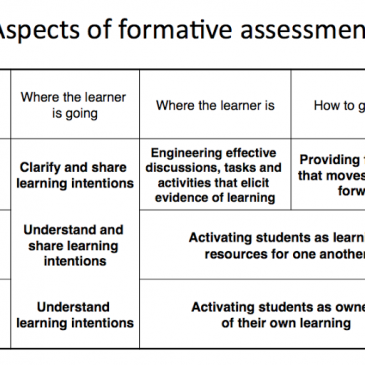
Horace Mann was appointed Secretary to the Massachusetts Board of Education in 1837. He argued for universal education and demonstrated how it would look by building many schools in Massachusetts. He is worth remembering as he advocated for education that went beyond the normal memorizing of facts and figures, but extended the learning into the making of a good citizen.
No one did more than he to establish in the minds of the American people the conception that education should be universal, non-sectarian, free, and that its aims should be social efficiency, civic virtue, and character, rather than mere learning or the advancement of education ends. (Cubberly, 1919, p. 167)
Education is so important to our country’s health, that the framers of the constitution envisioned a population that could judge for itself and that the power of the country was vested in each educated member of that country. This meant that the representation of that population in congress or in state houses was to rule in conjunction with the population. The sovereign power of the states would rule in concert with the federal powers. And this may also be the source of some of our trouble in educational authority.
Schoolboards still rule the way we conduct education and that may also limit our ability to change the format of our universal educational system. The Federal contribution in terms of money and rules is limited and the local power vested in schoolboards is broad. What could help us is to think creatively to inform schoolboards of new ideas for schools, new ways of delivering curriculum and new ways of holding students accountable through performance assessments. In fact the word accountability needs some updating to include how we help students become accountable, not just penalties for schools. This form of policy is called “building the capacity of schools and teachers.”
Performance assessments rather than standardized tests have the requirement that students will demonstrate what they know and can do. The modern work place is full of workers who have to know things and demonstrate they know how to apply their knowledge. Students need to be trained for this work place and school boards need to provide the means with which to change schools for this nation-wide need. Performance assessments also have another feature that make them attractive to new forms of schoolwork—they are authentic rehearsals of real-life work situations. For example, some math problems can be framed around the completion of a tax form. Students will always need this information and the math involved seems quite necessary to a productive life in our country.
Modern schools are waiting to be lifted from old ways of doing business, where students sit quietly and study material that then will be repeated on standardized tests. We need to help school boards to build the capacity of teachers to lead this new form of learning, where the learning is memorization, understanding, application of knowledge, framing of problems and solving society’s most pressing problems. These problems require us to work together in groups, to collaborate with other professionals and to resolve differences by real compromise. These are traits we need to build into our education system for the benefit our students. We must look to our future and reflect back to our educational system in order to win that future.
“Be Ashamed to Die Until You Have Won Some Victory for Humanity” Horace Mann’s Words now used for the Motto of Antioch College.

Cubberley, Ellwood P. (1919). Public Education in the United States.




